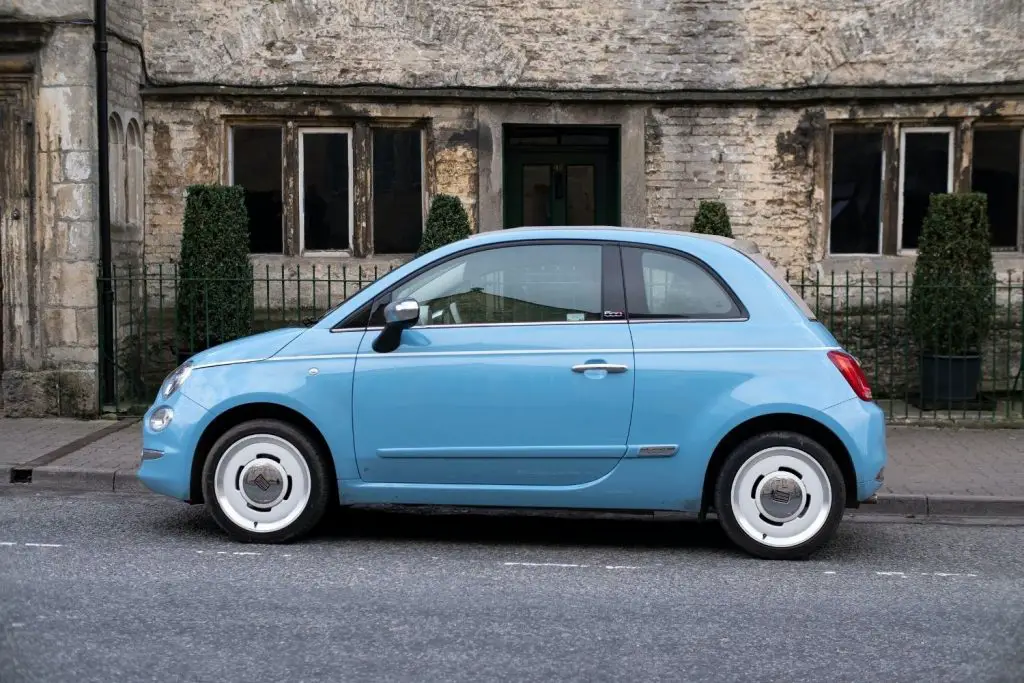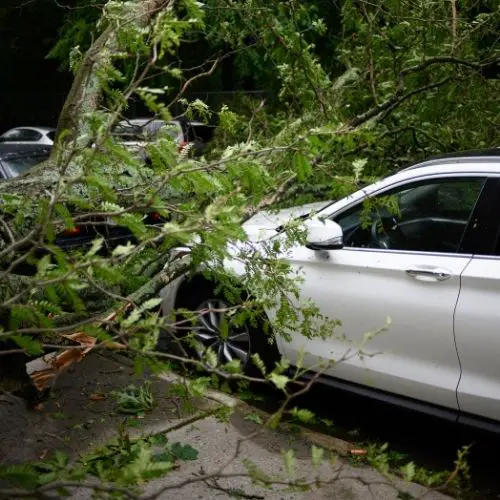We may get commissions for purchases made through links in this post. Thanks for the support! 👍
Cars are a necessary part of life for many people. We use them to get from point A to point B, and they can be a lot of fun too. However, cars can also have problems. When do cars start having problems? What should you do when your car starts acting up? In this article, we will discuss the signs that your car is starting to have problems. We will also provide some tips on what you can do to address these issues.
Cars start to to have problems around the 100,000 mile point! While this isn’t necessarily the time to sell the car, you should at least be aware of it. Problems will be anticipated especially if the car hasn’t had its maintenance done on time, if it has been driven hard in a city, and especially if it is has been in an accident.

1. Over 100,000 Miles on the odometer
When cars start to have problems, it is not uncommon for them to be over 100,000 miles on the odometer. This is especially true if your car has been driven in a city that experiences snow and ice during certain parts of the year. When cars are exposed to these conditions, they tend to rust out at an accelerated rate which can cause a variety of problems.
Not only does it have to do with driving conditions, but the fact that all of the components on the vehicle are starting to see their wear and tear at 100,000 miles. Make sure if you are shopping for a vehicle over this mileage, that you are aware there will be increased maintenance costs.
It should also be mentioned that 100,000 miles is also when many warranties end, meaning that these vehicles will not be having much assistance from the manufacturers when things go wrong.
Now, I don’t want you to think though, that vehicles over 100,000 miles are not worth purchasing. They are still fantastic vehicles, that you can get a great price on and use for years to come.
2. When maintenance hasn’t been done on time and correctly
One of the biggest reasons cars start to have problems, is if they haven’t had their routine maintenance done on time.
This includes things like oil changes, tire rotations and alignments. If these items have been missed or skipped in an attempt to save money by not having them done at a shop, your car will start to experience issues.
If you are going to skip out on maintenance, the first thing that will happen is your car’s mpg or miles per gallon will go down. This means that you may need to fill up your gas tank (or fuel cell) more often than normal. The next thing you might notice is a decrease in overall performance from your car such as not accelerating as quickly or not turning as easily.
Another thing that cars need to have done is their tune-up, which should be done every 30,000 miles. This involves replacing spark plugs and wires if applicable as well as doing a digital inspection of all the car’s systems. If you are finding your car’s performance decreasing or it’s idling roughly when stopped at a light, you might need a tuneup.
If you are looking to purchase a vehicle, and it hasn’t had all of its maintenance done correctly and on time, you might want to skip it. This generally results in plenty of issues that could plague it for the rest of its driveable life.
Hint: Doing an oil change isn’t that hard, and you can do it at home with a kit like this.
3. Most driving has been done in the city
If you have been driving your car in the city more than 50% of the time it has been driven, this will start to show on the car.
The reason cars start to have problems when they are used predominantly in the city is because of all of the stop-and-go traffic. This causes a lot of wear and tear on different parts of the car, such as the brakes and suspension and even the engine and transmission.
If cars are driven on highways or open roads where they can cruise without needing to stop very often, they tend to have a much longer lifespan than cars that are driven in cities with lots of traffic lights.
The best way to tell if cars have been mainly used in city driving is by looking at their cars’ service records.
If you are shopping for a used car that has mainly been driven in the city, make sure to get it inspected by an expert mechanic before purchasing it as this can cause problems down the road if not addressed right away.
4. When it is a vehicle that isn’t well known for reliability
Every vehicle is different. Some cars are built to last and won’t have problems for 20 years or more while others start breaking down well before they hit 100,000 miles on the odometer.
If you are looking at cars that aren’t known for their reliability, you might want to skip them entirely even if they look great and have low miles. These cars can be very unreliable and break down often, which is not something you want when shopping for a used car.
Some cars that are known are BMW, Mercedes, and many other luxury vehicles. These are known for being fantastic vehicles when new, with plenty of technology, and new features. However once these vehicles begin to age, those technologies end up becoming a hindrance, and an expensive hindrance when they fail at that.
- Top 3 Pickups with Air Ride Suspension
- What does it really mean when you get a car detailed?
- Top 6 Reasons Why Cleaning Your Car Is Worth It
5. Small engines in large vehicles
If cars are known to be reliable, but they have a small engine in them that is supposed to power it with ease – this can be trouble.
Small engines will often struggle to move large cars, and this means wear on the engine comes quicker than you might think. If cars start having problems when the engine just isn’t up for the task, it’s best to avoid cars like this when possible.
6. Cars that have been in accidents
If cars are known to have been in an accident, you might want to skip them entirely because these cars can develop problems on the road quickly if they aren’t fixed properly after a collision.
Even cars that were involved in very minor accidents can have underlying problems that are just waiting to surface, and cars could be a ticking time bomb when it comes down to reliability.
It’s best to avoid cars that were involved in any kind of accident if you want something reliable on the road.
Conclusion
If cars start having problems, there is usually a reason for it. You might want to avoid cars that are known for reliability issues or cars that have small engines in them because cars can be unreliable and break down often if you aren’t careful. You also might want to avoid cars that have been in accidents because they could develop problems on the road quickly if not fixed properly after a collision.
Always inspect cars before purchasing them, and be sure to get an expert’s opinion when needed. Thanks for reading!
![This Is How Cars Have Wifi [And Why]](https://amanandhisgear.com/wp-content/uploads/2020/01/How-do-cars-have-wifi.jpg)

